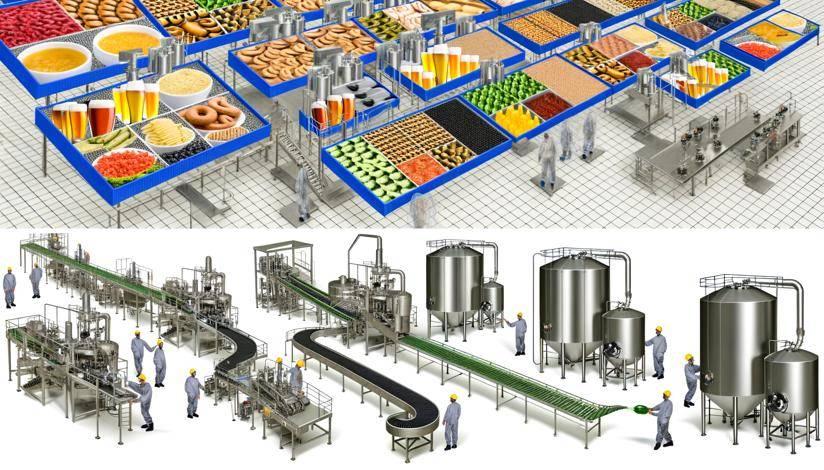

One of the primary advantages of outsourcing food and beverage manufacturing is cost savings. By partnering with an external manufacturer, businesses can reduce their operational expenses. Outsourcing eliminates the need for investing in expensive machinery, infrastructure, and workforce. It also reduces the costs associated with maintaining and upgrading manufacturing facilities. Furthermore, outsourcing allows companies to take advantage of economies of scale and benefit from the expertise and efficiency of specialized manufacturers.
Another key benefit of outsourcing is flexibility. Food and beverage manufacturers face fluctuating demand and seasonal variations. By outsourcing production, companies can quickly scale up or down their manufacturing capacity to meet changing market conditions. This flexibility allows businesses to adapt to shifts in demand without incurring excessive costs or operational disruptions.
Expertise is another critical factor that makes outsourcing a viable option for food and beverage manufacturing. External manufacturers specialize in various aspects of production, such as product formulation, packaging, and quality control. By partnering with these experts, companies can tap into their knowledge and experience to enhance the quality and consistency of their products. Outsourcing also provides access to cutting-edge technologies and processes that may be too costly or complex to implement in-house.
Risk management is a significant concern in the food and beverage industry. By outsourcing manufacturing, companies can mitigate various risks associated with production. External manufacturers often adhere to stringent quality control measures and regulatory standards, reducing the risk of product recalls or legal issues. Additionally, outsourcing allows businesses to diversify their supply chain, reducing dependence on a single supplier or location. This diversification helps mitigate the risk of disruptions caused by natural disasters, geopolitical events, or other unforeseen circumstances.

Cost savings
Flexibility
Expertise

Loss of control over production
Dependency on external partners

























-
https://www.mckinsey.com/industries/retail/our-insights/eating-behaviors-in-the-next-normal
-
https://www2.deloitte.com/global/en/pages/consumer-business/solutions/evolving-trends-food-and-beverage-industry.html














































